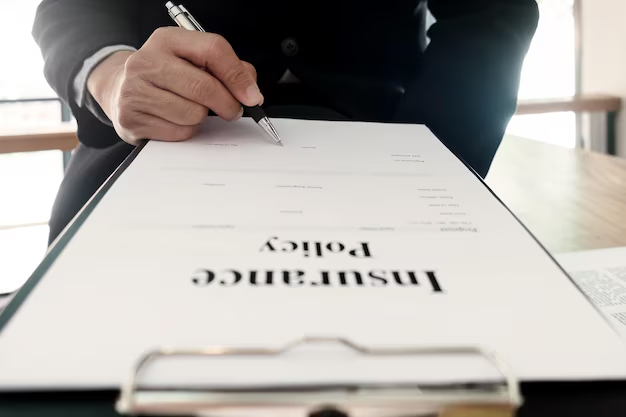Navigating Jury Duty: When Does It Start and What to Expect?
Receiving a summons for jury duty often sparks a series of questions. Among those, one of the most frequent inquiries is, "What time does jury duty start?" Understanding the logistics of jury duty can help ease anxiety and prepare potential jurors for their civic duty. Let's dive into the details to provide you with a comprehensive guide.
⏰ Standard Start Times for Jury Duty
How Early is Early?
The exact start time for jury duty can vary depending on the location and specific court jurisdiction. However, it generally begins early in the morning. Most courthouses expect jurors to arrive between 8:00 and 9:00 AM. It's crucial to check the details provided on your jury summons, which should specify the exact time you are expected to report to the courthouse.
Being Punctual is Key
While the thought of an early start might seem daunting, punctuality is essential. Courthouses operate meticulously on schedules, and arriving late could disrupt proceedings or even disqualify you from serving. Always plan your commute considering potential traffic delays and the time it takes to pass through courthouse security.
🏛️ The Jury Duty Process
Check-In Procedures
Upon arrival, the first step is the check-in procedure. This usually involves presenting your jury summons and a form of identification. After checking in, you might be asked to fill out a questionnaire that helps the court determine your eligibility and appropriateness for a specific case.
Orientation and Briefings
Once check-in is complete, jurors typically attend an orientation session. This session covers your responsibilities and what to expect in terms of the trial process. It's a great opportunity to understand the role you'll play in the judicial system and ensure everyone is on the same page.
The Waiting Game
After orientation, jurors may have to wait in a designated area until they are called into a courtroom. This waiting period can vary significantly in duration. Bring activities—like a book or laptop—but check the courthouse’s policy on electronics first.
❓ Common Jury Duty FAQs
What Happens if I Can't Attend at the Scheduled Time?
Life happens, and sometimes attending jury duty at the designated time isn't possible. If you have a valid reason, such as a prior appointment or a personal emergency, contact the court immediately. They might offer a postponement or excuse you depending on the circumstances. However, this should be treated as a last resort.
Can Jury Duty Be Held on Weekends or Holidays?
Jury duty is typically scheduled on weekdays only, as courts do not generally operate on weekends or public holidays. Nonetheless, double-check your jury summons for confirmation.
What Should I Bring to Jury Duty?
Plan to bring essentials like:
- A valid photo ID
- Your jury summons slip
- Any necessary communication devices, keeping courthouse policies in mind
Snacks, a book, or a device for entertainment (if permitted) are also advisable to make waiting times more comfortable.
👥 Enhancing the Jury Duty Experience
Making the Most of Your Time
Sitting in a waiting room for hours can feel tedious, but there are ways to make this time productive. Consider using it to:
- Catch up on reading
- Organize your week or set plans
- Network with fellow jurors, though always maintain respect and discretion about case-related discussions
Remaining Patient and Flexible
The judicial process is intricate, and patience is crucial. Flexibility in your schedule can help manage unexpected delays or extensions in your jury service. This is an opportunity to participate in the justice system—a cornerstone of democracy.
Key Takeaway 💡
Understanding what to expect during jury duty helps mitigate stress. Here's a quick summary for your reference:
- Arrive early: Courts expect punctuality. Plan your commute with some buffer time.
- Stay informed: Read your jury summons carefully for reporting time and location.
- Be prepared: Bring necessary documents and items to pass time comfortably.
- Communicate: If scheduling conflicts arise, contact the court immediately.
📝 Summarizing Key Points
Here's a quick snapshot to glance at before you head out for jury duty:
| 🚨 Point | 📌 Description |
|---|---|
| Arrival Time | Usually between 8:00 and 9:00 AM |
| Check-In | Bring photo ID and summons |
| Orientation | Attend to understand your responsibilities |
| Waiting | Bring materials (books, snacks) for comfort |
| Communication | Inform court promptly about conflicts |
| Essential Items | Valid ID, jury summons, possibly snacks or books |
Understanding the ins and outs of jury duty can clarify expectations and ensure a smooth experience as you participate in this important civic responsibility. By knowing what time jury duty generally starts and preparing appropriately, you'll find yourself better equipped to serve efficiently and effectively.

